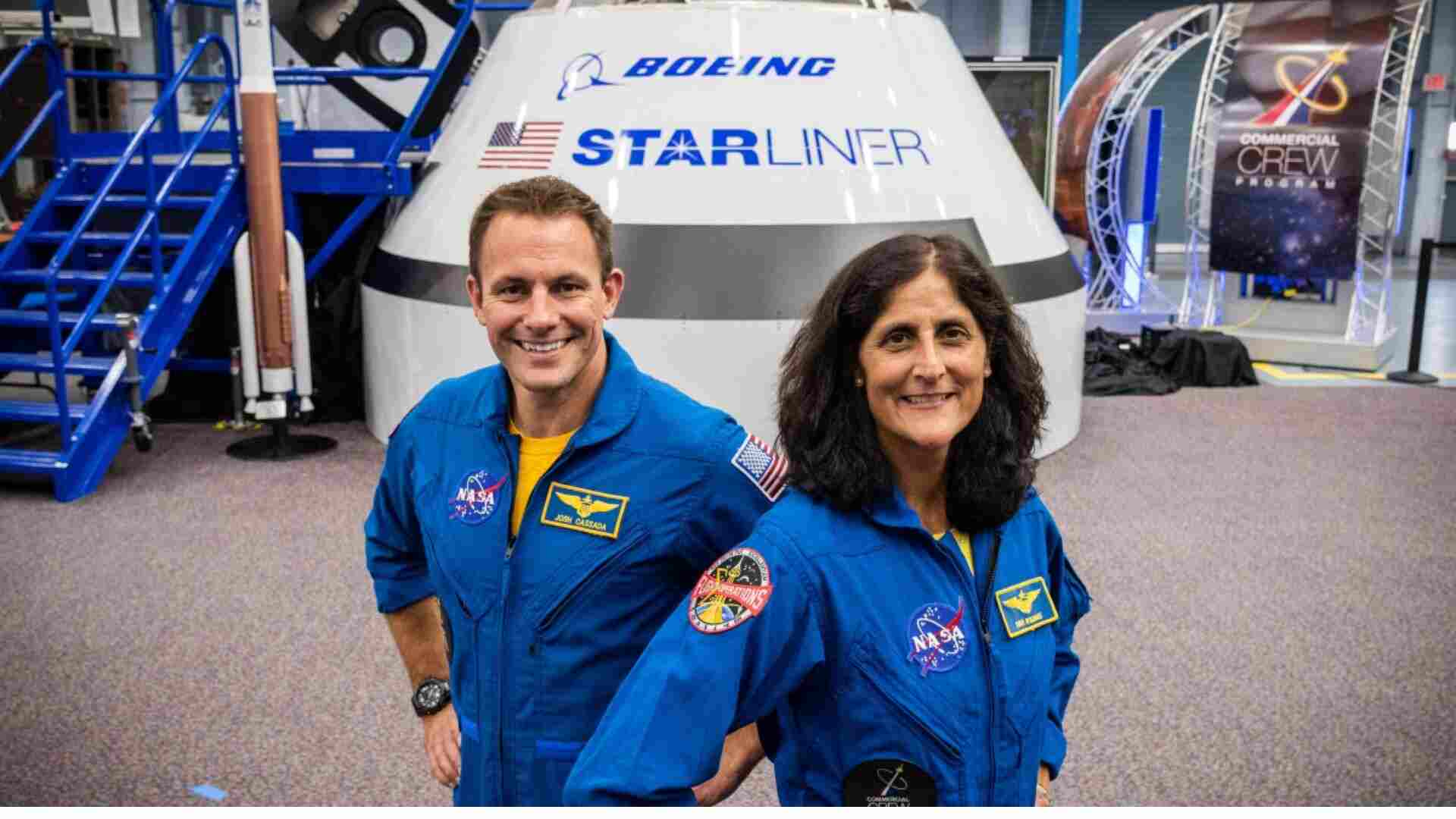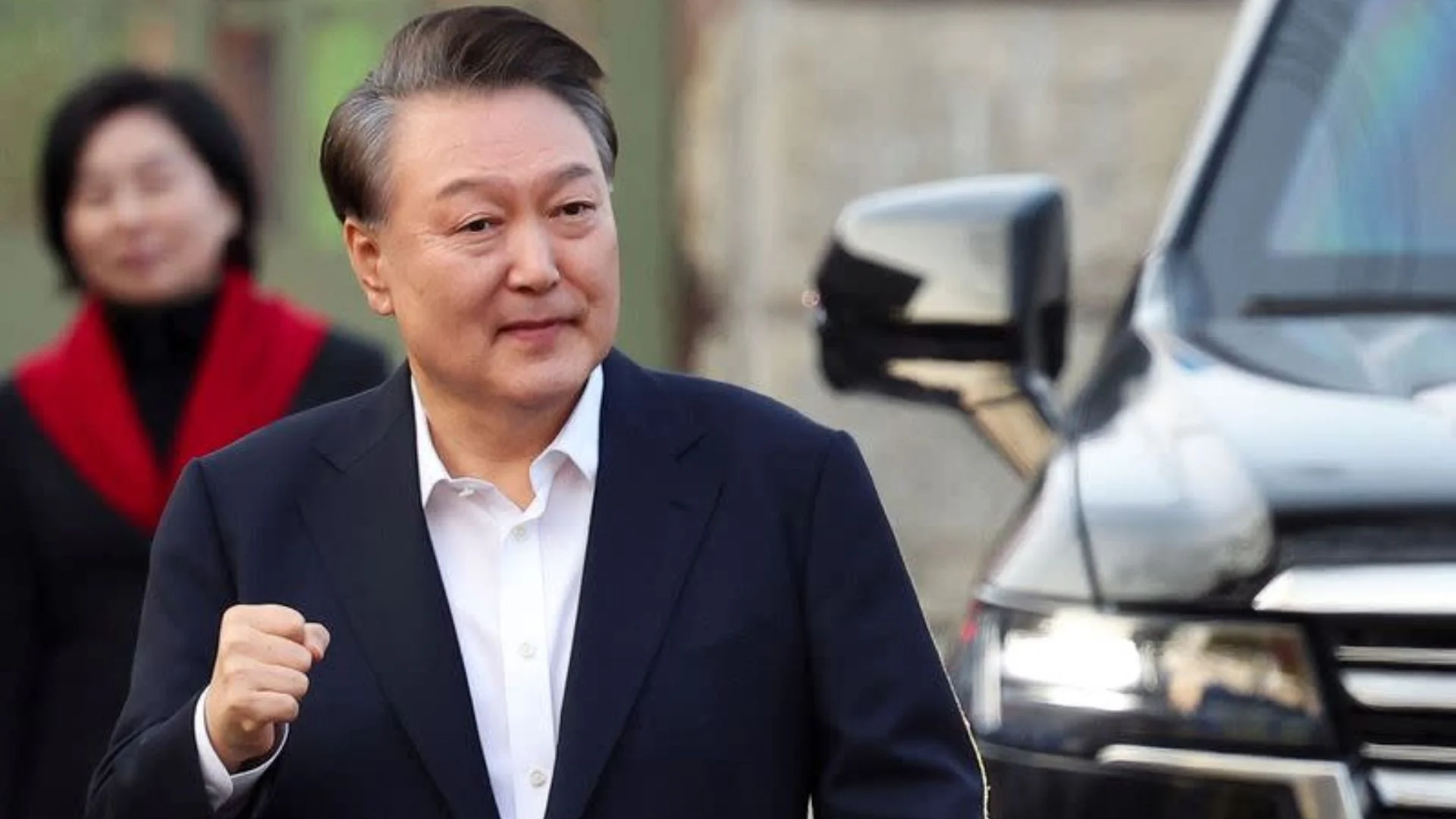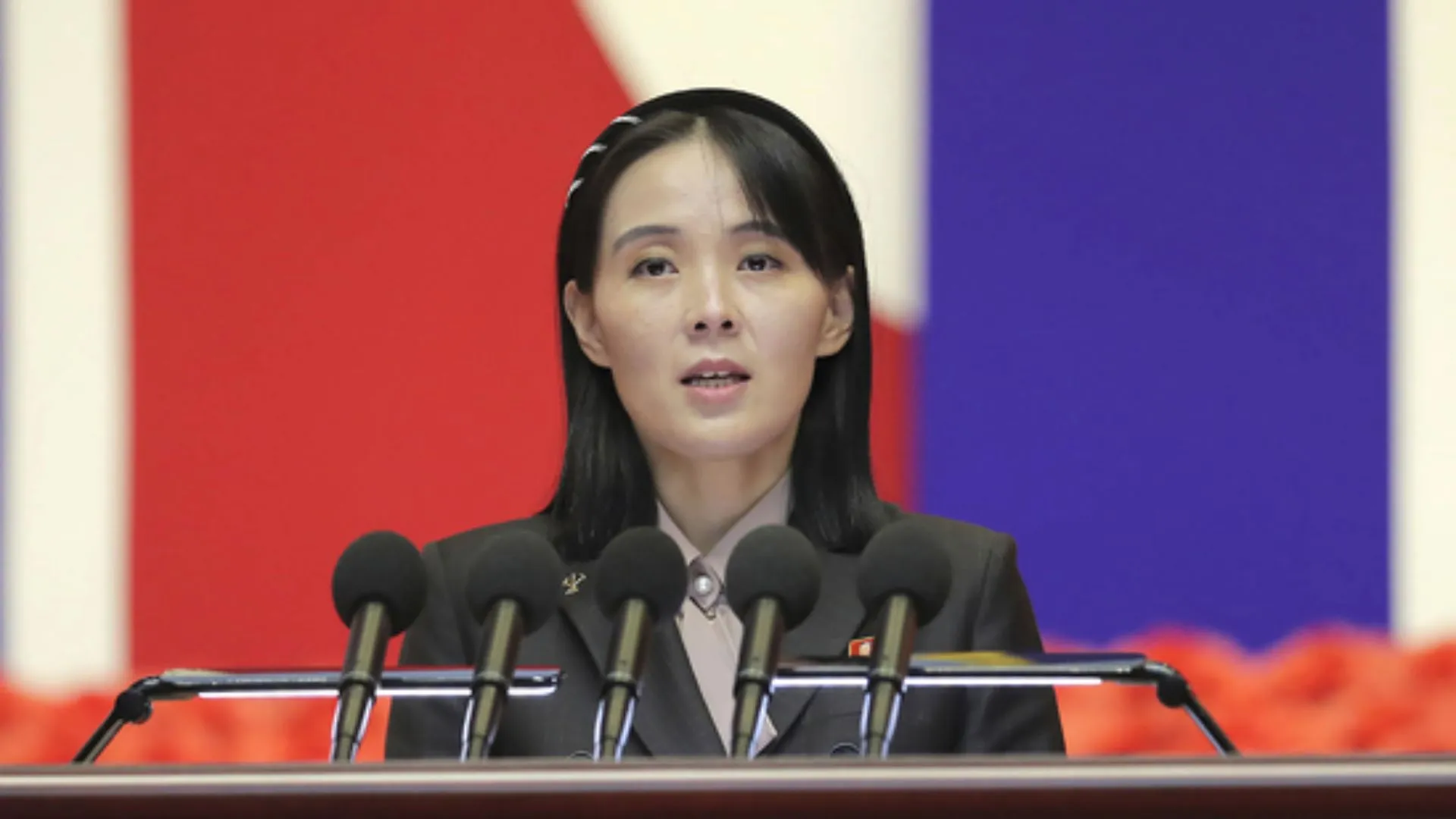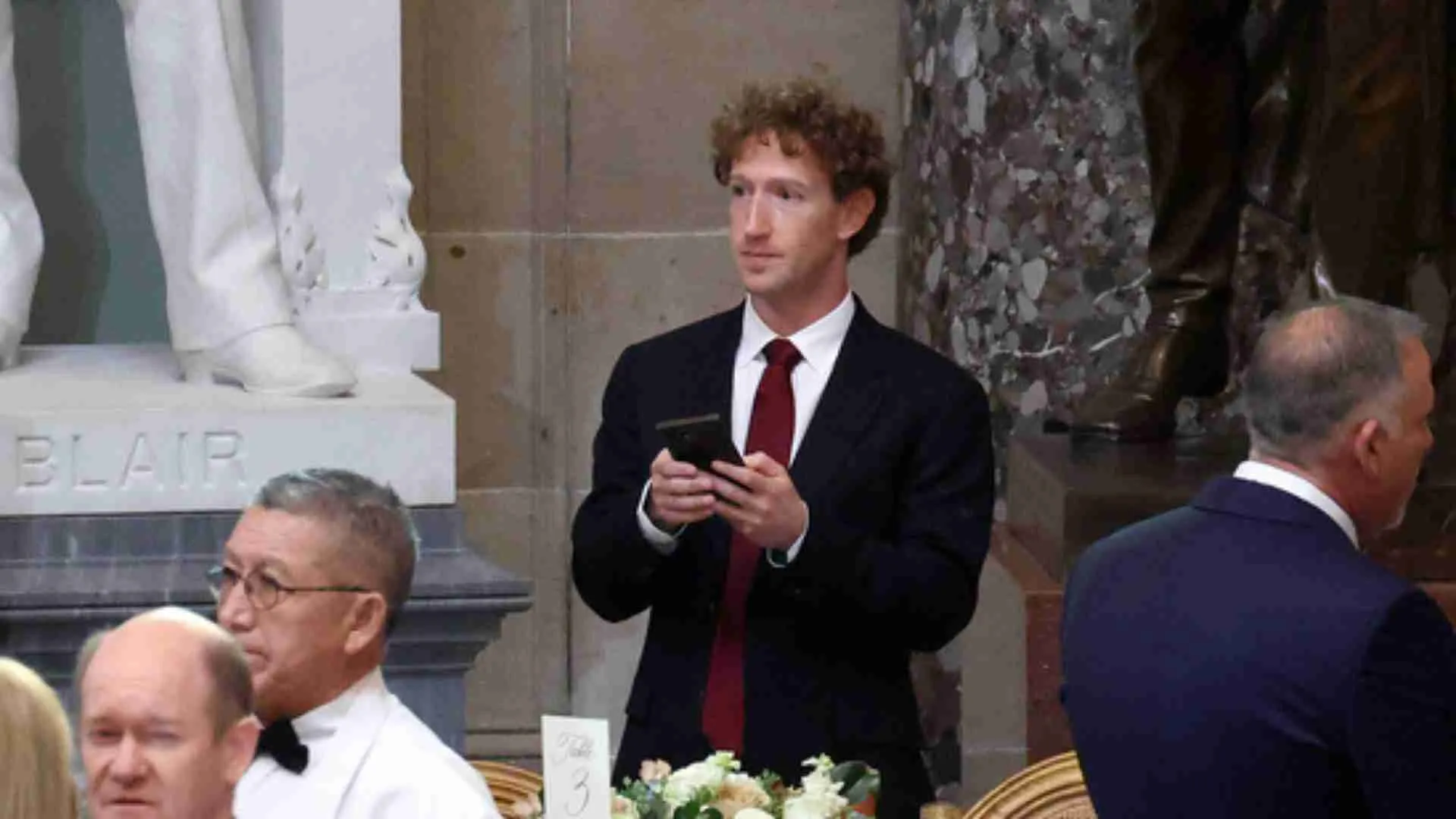Indian-origin astronaut Sunita Williams will pilot the ‘Starliner’ as it launches into space on Saturday. This comes after delays in the joint mission by NASA and aerospace giant Boeing. This flight will be Williams’ third journey into space.
According to NASA, the International Space Station (ISS) launch is set to take off from Florida’s Kennedy Space Center around 10 pm Indian Standard Time today.
Sunita ‘Suni’ Williams and fellow NASA astronaut Barry ‘Butch’ Wilmore will be the first crew members to board the Starliner spacecraft as part of the US space agency’s Commercial Crew Program.
NASA, Boeing, and United Launch Alliance (ULA) have confirmed their readiness for the June 1 launch of the agency’s Boeing Crew Flight Test. This announcement was made during a prelaunch media briefing at NASA’s Kennedy Space Center in Florida.
Steve Stich, NASA’s Commercial Crew Program manager said: “I’m very proud of the teams who have worked hard the last two and a half weeks to prepare for launch.” “We’re ready to go fly.”
The Starliner spacecraft will launch aboard an Atlas 5 rocket from ULA, docking with the ISS on Sunday for a week of tests. Afterward, it will undock, re-enter Earth’s atmosphere, and land in the southwestern U.S. on June 10. If successful, NASA will begin certifying Starliner for crewed missions. The capsule will carry four astronauts or a mix of crew and cargo for low Earth orbit missions.
While onboard, Sunita Williams set a world record for women with four spacewalks and returned to Earth with shuttle Atlantis’ STS-117 on June 22, 2007. Selected by NASA in June 1998, she has spent 322 days in space on two missions, with 50 hours and 40 minutes of EVA time across seven spacewalks. She collaborated with Roscosmos on its space station contributions and the first Expedition crew.
Boeing plans six manned missions over the next six years, the projected end of the ISS’ lifespan. NASA will use both SpaceX’s Dragon and Boeing’s Starliner to send astronauts every six months from the US. In 2014, NASA tasked Boeing and SpaceX with commercial crew missions to the ISS, granting Boeing over USD 4 billion and SpaceX about USD 2.6 billion.























